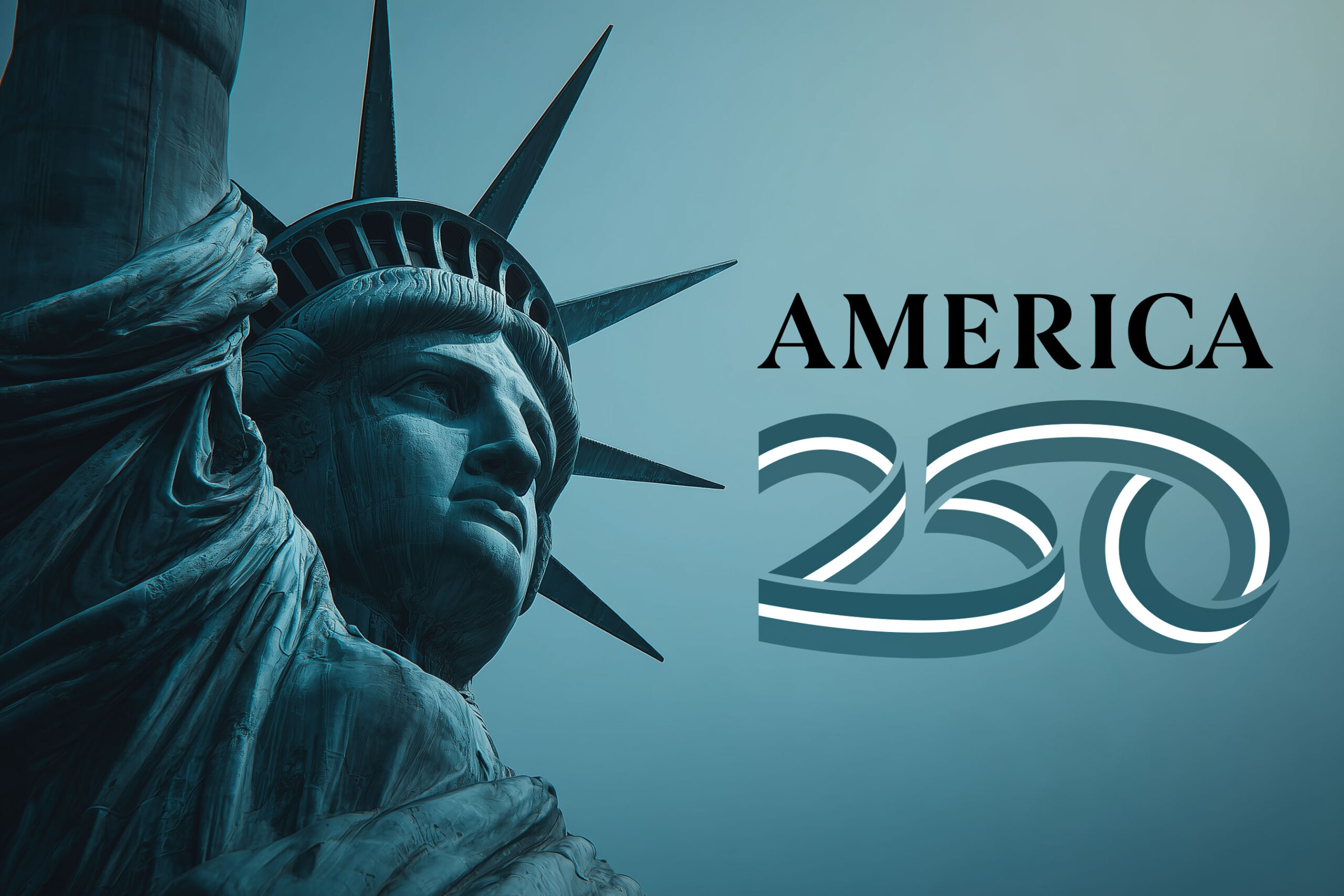In most of the world, throughout most of history, individuals have served governments. Here, our Constitution says the reverse. In declaring independence 250 years ago, our Founders broke with monarchy and empire to affirm a startling truth: our rights do not come from rulers, parties, or even popular opinion. They are ours by nature. The role of government is to secure them—not dispense them.
As we approach America’s semiquincentennial, we must remember this isn’t merely a birthday. It’s a call to rediscover the source of our liberty, and the responsibility it demands of us.
Agency: The Soul of Freedom
We recently spoke with Shane Krauser—constitutional expert, former prosecutor, and educator—about the deeper meaning of the Declaration of Independence. One word frames his entire perspective: agency.
Agency means the power to choose and act. It is the essence of self-government, both personally and politically. In a free society, citizens are left alone—provided they do not harm the life, liberty, or property of others. This idea, rooted in natural law, is not only moral but profoundly productive. It unleashes initiative, creativity, and responsibility.
Krauser reminds us that the Founders didn’t abolish government. They constrained it. As Thomas Jefferson wrote, “to secure these rights, governments are instituted among men.” The goal was never anarchy. The goal was ordered liberty: laws that protect freedom, not control it.
And yet today, many young Americans associate freedom with chaos and government with comfort. That’s no accident. It’s the result of a civic education that trains students to see government as the answer to every social challenge. As Krauser puts it, they learn to ask, “What will government do?”—instead of asking, “Who is best equipped to solve this?” Often the answer isn’t government at all. It’s family, faith, business, or community.
Freedom Requires Formation
The American classroom is not just a venue for facts. It’s the furnace where young minds are shaped. And the dominant mold is changing. Far too often, students graduate high school with warped ideas of freedom and go on to higher education that radicalizes, rather than reforms, those errors.
In his college courses, Krauser asked his students three simple questions:
- Do you want to be left alone?
- Should government follow the rules?
- Do you believe you should keep what you earn?
Nearly every hand went up. And yet many of those same students supported policies that violated each principle. Why? Because they had never been shown how these issues connect. Once the lens of liberty came into focus—once they understood the rules government is bound by—everything changed. Some wept. Some felt betrayed. Many felt awakened. And most were grateful.
This is the power of civic education rooted in natural rights and moral clarity. It doesn’t require slogans or indoctrination. It requires structure, history, and truth.
Liberty in a VUCA World
The world our students inherit is not the one we grew up in. It is what scholars and military leaders call a VUCA world—volatile, uncertain, complex, and ambiguous. Markets swing wildly. Information is infinite, but trust is scarce. Institutions wobble. Clarity is rare.
In such an environment, young people crave something solid. They want to know where they stand, what matters, and why they should bother. The 250th anniversary of our nation is not just a ceremonial moment—it’s a timely opportunity to anchor our students in enduring truth.
The Declaration of Independence offers more than historical inspiration. It offers direction. Its 55 central words remain the most powerful political statement in the English language: that all men are created equal, endowed by their Creator with certain unalienable rights, and that governments exist to secure those rights. That one paragraph can cut through an entire semester of confusion.
In a volatile world, it grounds us in natural rights.
In uncertainty, it affirms a moral order.
In complexity, it clarifies the role of government.
In ambiguity, it reminds us who we are and what we’re here to protect.
The Declaration is not dated. It is diagnostic. And it is desperately needed—not just in government classes, but at the kitchen table, in staff meetings, and among community leaders who sense that something precious is slipping away. The answer is not to chase novelty. It is to reassert the foundations.
Teaching Freedom by Living It
For parents, teachers, and school leaders, the path forward is clear. We cannot outsource the defense of liberty. It starts at home, continues in the classroom, and lives in the example we set.
We can teach agency by honoring it. We can model responsibility by practicing it. And we can preserve freedom by defending it—politely, firmly, and always with gratitude.
If we do not teach these principles, our children will not inherit them. And if we do, the fire of liberty will burn brighter for another 250 years.
Key terms
Agency – The capacity of individuals to act independently and make their own choices.
Natural rights – Rights that all people hold by virtue of being human, not granted by government.
Ordered liberty – A balance of freedom and law where government protects, not controls, individual rights.
Semiquincentennial – The 250th anniversary of a major event, in this case, American independence.
VUCA – An acronym describing environments that are Volatile, Uncertain, Complex, and Ambiguous.
Further reading
- The Founders’ Vision for American Independence — Heritage Foundation (2023): https://www.heritage.org/american-history/commentary/the-founders-vision-american-independence
- Founding Documents Portfolio — National Archives (2025): https://www.archives.gov/founding-docs
